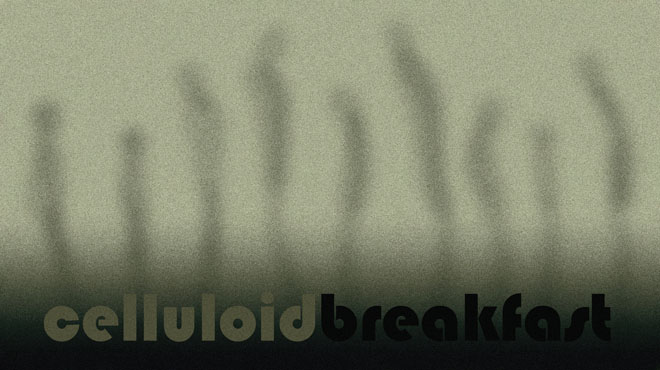The plot implies a heavy Pasolini influence, and this is visible in Serra’s handling of the subject matter, but there is something about his version of events. Most notable is the way in which he humanises the Three Wise Men – these aren’t men capable of herculean sufferance, but living human beings, vulnerable to boredom, hunger and thirst. In this way, Serra both demystifies and realises elements of the nativity story, as the magi while away hours with philosophical discussion about the world. It is perhaps most appropriate to say that Birdsong is a magical experience – Serra does not wish to convert, nor is he as cynical as Pasolini. The film’s long takes and extensive silence can make it a trial to watch, particularly as they lack the substance and power of, say, Sátántangó, but that’s not to say it isn’t worth watching at all.






No comments:
Post a Comment